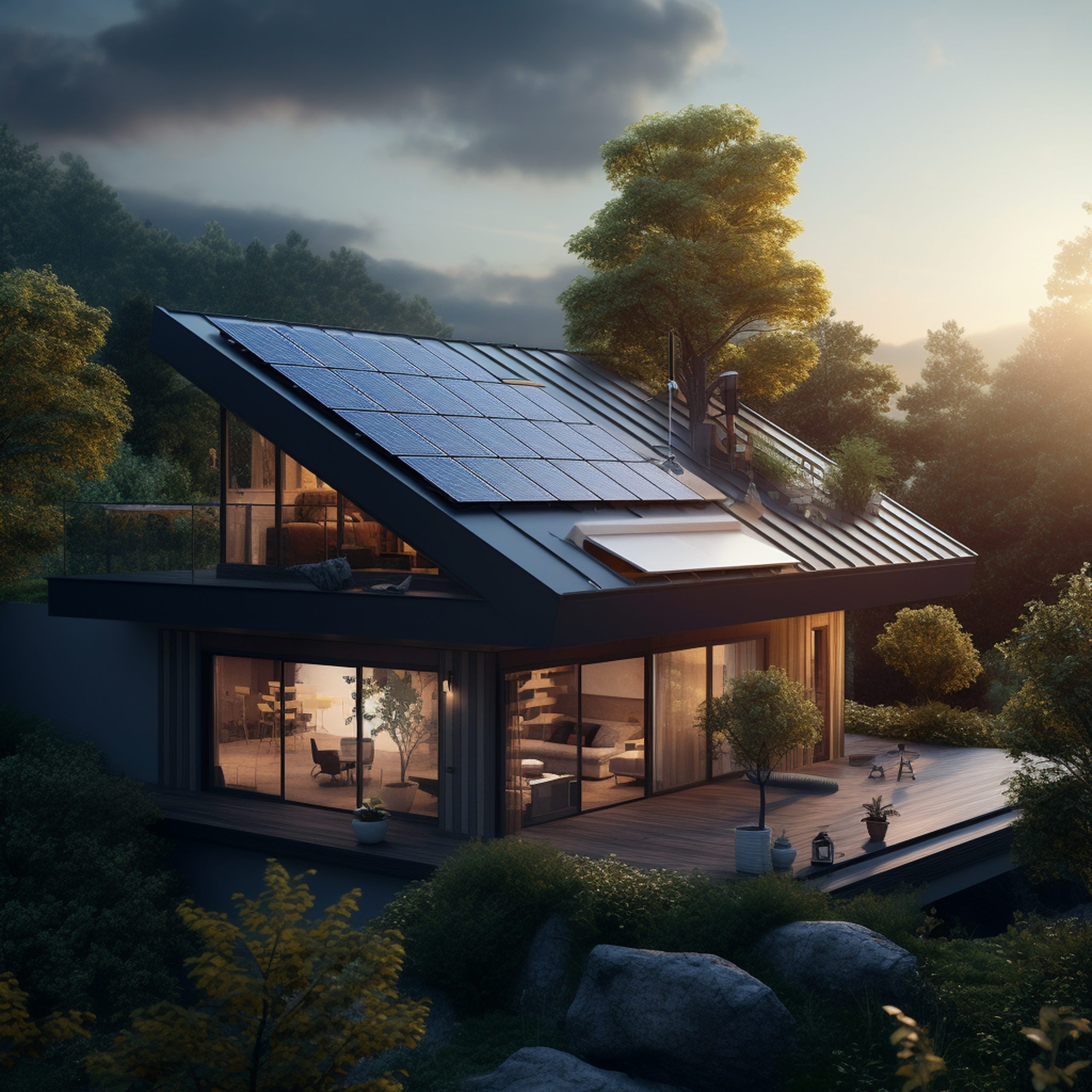With Nigeria’s abundant sunshine and frequent power outages, solar energy is becoming an increasingly popular alternative for homes across the country. But while solar power sounds like a no-brainer, it’s still important to evaluate whether it’s the right fit for your specific situation. This guide will walk you through a practical checklist tailored to Nigerian homeowners to help you make an informed decision.
✅ 1. Evaluate Your Roof’s Condition and Orientation
Your roof’s structure and direction play a big role in solar panel performance.
Consider:
- Roof Condition: Make sure your roof is strong and in good shape. If it needs repair, do that before installation.
- Sunlight Access: Ideally, panels should face north or west in Nigeria for maximum exposure to sunlight during the day.
- Shading Issues: Nearby trees, water tanks, or neighbouring buildings can cast shadows and reduce output.
Tip:
Solar installers in Nigeria can carry out site assessments to help you understand your roof’s solar potential.
✅ 2. Understand Your Electricity Usage (and Outage Pattern)
Solar helps reduce or even eliminate your dependence on the national grid (NEPA/PHCN) or noisy generators. But it’s important to know how much energy you actually use.
Do This:
- Track your monthly usage in kWh if you’re on a prepaid meter.
- Note how many hours of blackout you experience daily or weekly.
- Identify major appliances: fridges, freezers, ACs, water pumps, etc.
Why It Matters:
Your energy demand determines the size of the solar + inverter + battery system you’ll need.
✅ 3. Check for Net Metering & Grid Connection (If Needed)
In Nigeria, net metering is not widely implemented yet. So, most systems are off-grid or hybrid, where solar is used during the day and batteries take over at night.
What This Means:
- You likely won’t sell excess electricity back to the grid.
- Having battery storage is important to maximize your system.
Alternative Setup:
Some homes stay connected to PHCN as a backup in a hybrid system, but only rely on it when solar and battery are low.
✅ 4. Buy or Lease? (And Consider Your Budget)
Most Nigerians pay upfront or use pay-as-you-go options. There’s no widespread leasing model yet, but things are evolving.
Your Choices:
- Buy Outright:
- Higher upfront cost
- Full ownership and savings over time
- Best for long-term stability
- Pay-As-You-Go:
- Small monthly payments
- Usually for small systems (lights, TV, fan)
- No large upfront cost but limited capacity
- Solar Loans:
- Offered by some banks and microfinance institutions
- Suitable for middle-income earners and SMEs
Tip:
If you need to power essentials like fridge, AC, pumping machine, and lighting, go for a fully customized solar + inverter system, not just basic kits.
✅ 5. Decide if You Need Battery Storage (Hint: You Do!)
In Nigeria, battery backup is essential because even with plenty of sunshine, there’s no reliable national grid to fall back on.
Why You Need It:
- Use solar power at night.
- Avoid using noisy, expensive generators.
- Protect sensitive electronics from PHCN voltage surges.
Battery Types Commonly Used:
- Deep cycle batteries (lead-acid or gel)
- Lithium-ion batteries (longer lifespan but higher cost)
Tip:
While lithium batteries are pricier, they last longer (up to 10 years) and require less maintenance.
✅ 6. Understand the Process and Timeline
Here’s what a typical Nigerian solar installation looks like:
Steps:
- Site Assessment: Technician visits your home to evaluate your energy needs and roof space.
- System Design & Quote: Installer recommends the size and setup you need.
- Installation: Usually done in 1–3 days depending on size.
- Testing & Training: You’ll be shown how to operate and maintain the system.
Bonus Tip:
Some companies offer remote monitoring so you can track performance from your phone.
✅ 7. Maintenance and Lifespan in the Nigerian Climate
Dust, heat, and humidity can affect performance, so basic maintenance is necessary.
Maintenance Tips:
- Clean panels every few months to remove dust and bird droppings.
- Check battery water levels if using lead-acid batteries.
- Have a technician inspect connections and performance yearly.
Lifespan:
- Solar panels: 25–30 years
- Inverters: 5–10 years
- Batteries: 3–10 years depending on type
✅ 8. Estimate Your ROI (Return on Investment)
While solar requires an upfront investment, it pays off over time by reducing fuel and electricity bills.
Typical Savings:
- Lower generator fuel costs (diesel or petrol)
- Reduced reliance on PHCN
- Minimal monthly utility bills
Payback Period in Nigeria:
Usually 2–5 years depending on the size of the system and your usage.
Bonus Benefit:
Solar increases home value, especially in urban areas like Lagos, Abuja, and Port Harcourt.
✅ 9. Choose a Trusted Local Installer
Not all solar installers are equal. Work with reputable, experienced companies.
Look For:
- Proven track record and customer reviews
- Good warranties (panels and batteries)
- Professional staff with technical certifications
- Clear system sizing and breakdown of components
Avoid:
- Super cheap deals with no warranty
- Vendors who use low-quality inverters or second-hand batteries
- Installers who don’t visit your home before quoting
Recommended Questions to Ask:
- “What kind of panels and inverter are you using?”
- “Is this a hybrid or off-grid system?”
- “What is the warranty on each component?”
Final Thoughts: Power Up With Confidence ⚡🇳🇬
For Nigerian homeowners, solar power isn’t just an eco-friendly option—it’s often a necessity. With unreliable grid supply and soaring generator costs, going solar can drastically improve your quality of life. But success depends on planning.
Use this checklist as your guide. Ask the right questions, choose quality components, and work with professionals who understand the unique Nigerian environment. With the right setup, your home can enjoy quiet, clean, and constant electricity powered by the sun.


Leave a Reply